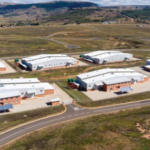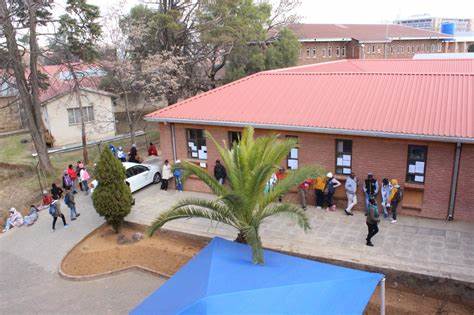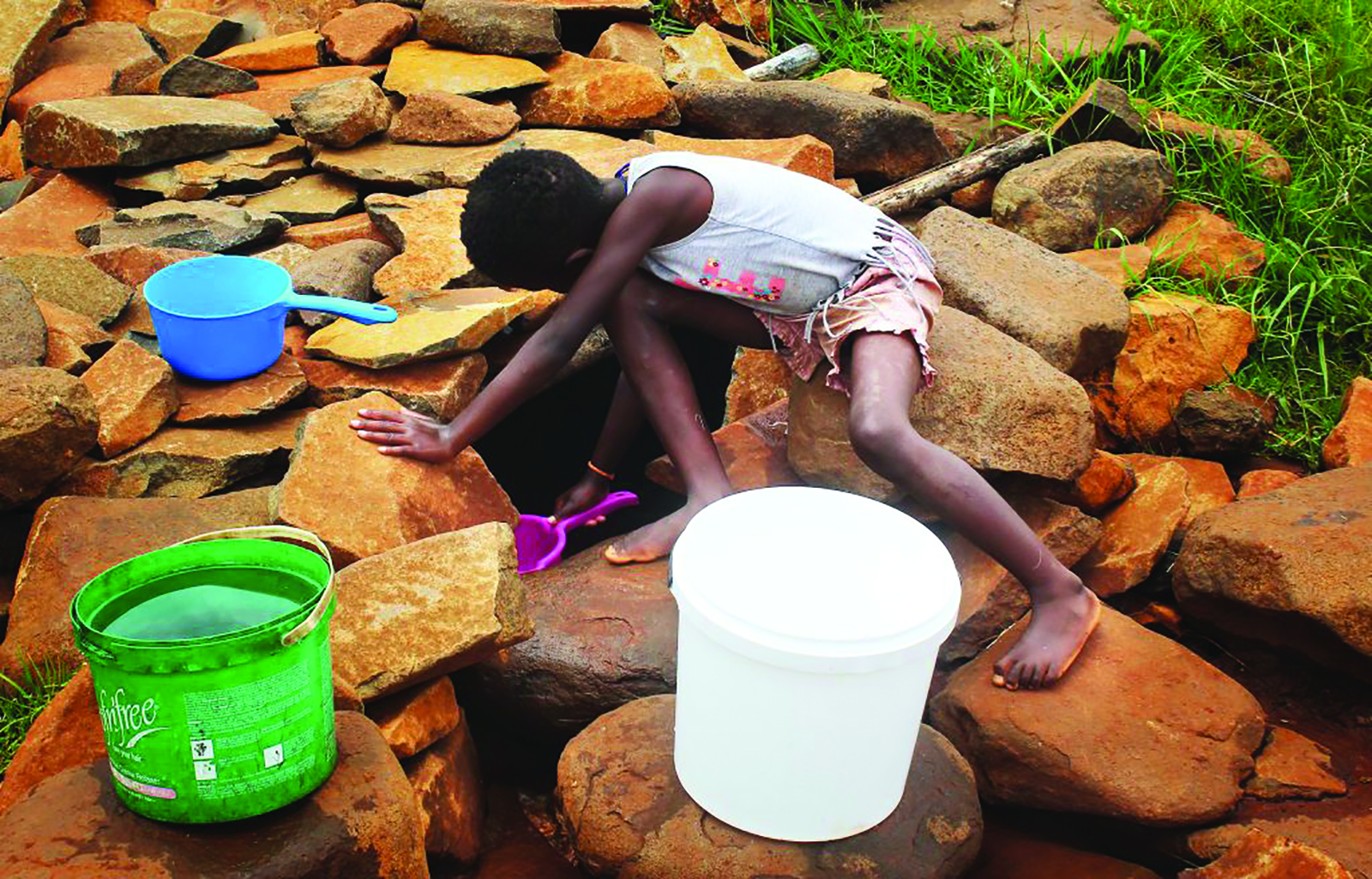… Unveils ‘fair fix’ for student loans
The Ministry of Finance and Development Planning, through the National Manpower Development Secretariat (NMDS), has rolled out a progressive loan bursary repayment policy aimed at sustaining the fund while ensuring more Basotho students can access further education.
Minister Retšelisitsoe Matlanyane, addressing parliament this week, explained that the new policy adjusts repayment terms to reflect the financial circumstances of graduates’ households, striking a balance between fund sustainability and economic fairness for young professionals.
Lesotho, a small, landlocked country of 2.3 million people, has long grappled with economic vulnerabilities, heavily reliant on its textile exports and remittances from Basotho working in South Africa.
With youth unemployment hovering above 30 percent and recent U.S. tariffs threatening the textile sector – employing about 30,000 workers – the government faces mounting pressure to equip its young population with skills for a diversifying economy.
The NMDS, established in 1978 to fund tertiary education for Basotho students, has been a cornerstone of this effort, sponsoring thousands to study locally and abroad.
However, years of funding constraints and loan defaults have strained the program, prompting reforms to ensure its longevity for future generations.
Matlanyane emphasised that this innovative approach is designed to keep the loan bursary fund viable for future generations, enabling students to acquire critical skills without being overwhelmed by debt.
“By tailoring repayment schedules to different income brackets, the NMDS seeks to ease the financial burden on recent graduates while ensuring a steady flow of funds to support new cohorts of learners,” she told lawmakers.
Currently, 2,687 students – 640 postgraduates and 2,047 undergraduates studying both locally and internationally – are benefiting from the policy in various capacities.
The repayment structure is tiered based on monthly household income, offering flexibility to graduates at different economic levels.
For households earning above M16,000, graduates must pay 50 percent of their outstanding loan upfront, with the remaining balance settled in monthly installments over two and a half years.
Those in the M13,000 to M15,999 bracket are required to pay 30 percent initially, followed by monthly payments over the same period. Graduates from households earning between M10,000 and M12,999 pay 25 percent upfront, while those in the M7,000 to M9,999 range contribute 10 percent initially, with the rest due in monthly installments over two and a half years.
For households earning M4,000 to M6,999, the upfront payment is 15 percent, and for those between M2,000 and M3,999, it’s 10 percent, with the balance paid over the same timeframe.
Households below M2,000 face a more lenient structure: graduates with a steady income repay over seven years, while those from families with no steady income are granted a ten-year repayment period.
The policy’s details emerged during a parliamentary session when Member of Parliament (MP), ‘Mabafokeng Mpobole, sought clarification from Matlanyane about a previously declared policy waiver.
Mpobole questioned the waiver’s current status, the number of students who received scholarships under it, the duration of those scholarships, the institutions they attended, the criteria for granting waivers, and whether some students were being denied further sponsorship due to existing loan debts.
Summary
- Graduates from households earning between M10,000 and M12,999 pay 25 percent upfront, while those in the M7,000 to M9,999 range contribute 10 percent initially, with the rest due in monthly installments over two and a half years.
- For households earning M4,000 to M6,999, the upfront payment is 15 percent, and for those between M2,000 and M3,999, it’s 10 percent, with the balance paid over the same timeframe.
- Mpobole questioned the waiver’s current status, the number of students who received scholarships under it, the duration of those scholarships, the institutions they attended, the criteria for granting waivers, and whether some students were being denied further sponsorship due to existing loan debts.

Ntsoaki Motaung is an award-winning health journalist from Lesotho, specializing in community health stories with a focus on sexual and reproductive health and rights, as well as HIV. She has contributed to platforms like “Be in the KNOW,” highlighting issues such as the exclusion of people with disabilities from HIV prevention efforts in Lesotho.
In addition to her journalism, Ntsoaki serves as the Country Coordinator for the Regional Media Action Plan Support Network (REMAPSEN). She is also a 2023 CPHIA Journalism Fellow.










